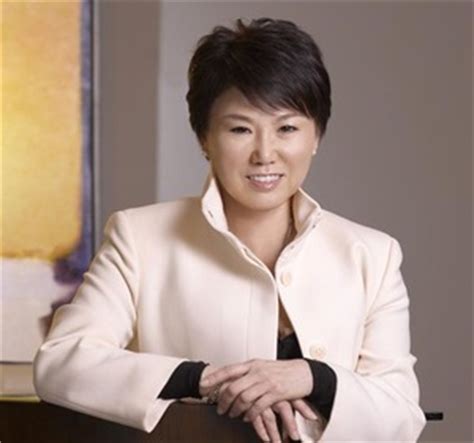A Quote by Chin-Ning Chu
When a manufacturing engineer is hired to create new products but insists on sharing his "wisdom" in accounting with the company controller, he is not going to last long in that company.
Quote Topics
Related Quotes
If you work at an insurance company that sells premiums you wouldn't even sell to your mother, how happy would you feel to work there? It's going to eat you up. It might last a few years, but it doesn't attract the best people, and it certainly doesn't create the energy and engagement you need to be a long-term performing company.
When there is some fear about accounting and growth and the economy, food stocks are a decent place to be, ... This company has been through a bit of a restructuring the last couple of years. Management is doing a great job. The company is improving and people are buying chocolate. So, what a great week to buy it.
The reality is the only place a company's culture is going to start and end is at the beginning of that company. And it always starts with the founders. So if you can't create an environment of founders and founding employees who are going to represent the company you want, then you are never going to get there. You have to look at your own network and find what you are missing. So if you don't have a female or someone who has an international perspective or a person with a bio degree, but those perspectives matter to the firm or product you want to create, then it's never going to work out.
Shareholder activism is not a privilege - it is a right and a responsibility. When we invest in a company, we own part of that company and we are partly responsible for how that company progresses. If we believe there is something going wrong with the company, then we, as shareholders, must become active and vocal.
Obviously solving the education problem is big and complex, and there's already so many failings, but coding is the new fluency. This is the most valuable skill of this century. If you want to be a founder of a company, and not even just a tech company, but like a founder of a company, because I'm telling you software is going to play a role.


































